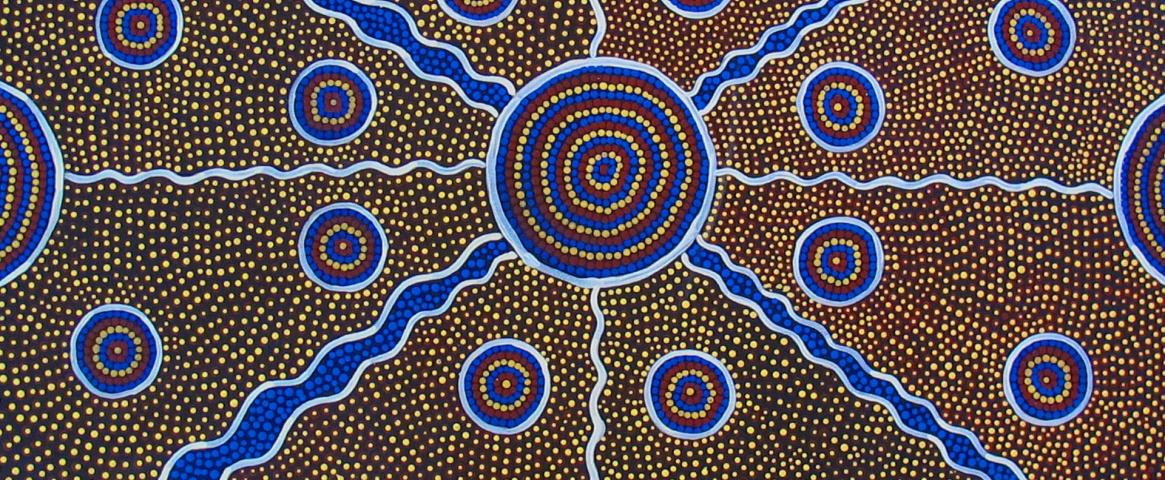By Adithi Ramakrishnan
Science, much like history, is rooted in colonialism. To reckon with this, Indigenous scientists and science writers are calling on non-native science writers to amplify Indigenous voices and decolonize science.
According to Dina Gilio-Whitaker, lecturer of American Indian Studies at California State University San Marcos, Indigenous perspectives on science and sustainability are left out of conversations on scientific knowledge, labelled as uncivilized or inferior to Western views.
“There’s a long, long history of science being used as a tool of settler-colonial oppression for native people,” Gilio-Whitaker said. She and other Indigenous journalists and advocates discussed the topic on Oct. 21 at the annual ScienceWriters meeting, held virtually this year. The panel, titled Telling stories that include Indigenous perspectives, was co-organized by Amanda Mascarelli, former managing editor of SAPIENS magazine, and Daisy Yuhas, features editor of SAPIENS magazine.
When non-native science writers reach out to Indigenous communities as sources, their attitudes towards Indigenous history and culture can convey a sense of entitlement.
“So often, non-native people will approach Indigenous communities in this framework that it’s just spirituality,” Gilio-Whitaker said. “That conveys this sort of lesser form of knowledge Indigenous peoples have, by confining these spiritual beliefs to folklore and mythology.”
Lenzy Krehbiel-Burton, vice president of the Native American Journalists Association, said that non-native journalists should remember that they aren’t entitled to the information contained within Indigenous communities. Science writers should be respectful of what their source may or may not want to share.
Attempting to extract information from Indigenous communities on a one-off visit without taking the time to engage and learn can further increase mistrust between the two groups.
“Get to know your community. You can’t just parachute in and expect to get the answers that you’re seeking,” said Jodi Rave Spotted Bear, founder and executive director of the Indigenous Media Freedom Alliance. “It just takes time to develop that particular relationship: making a few visits, showing up without your notebook, and listening.”
To help science writers more accurately represent Indigenous experiences in their work, Christine Weeber, editor at SAPIENS magazine, adapted a style guide using the book Elements of Indigenous Style by Gregory Younging. The guide details concepts relating to Indigenous communities that journalists may misrepresent in their stories.
One term discouraged in the SAPIENS guide is “artifact,” which can isolate an object from its cultural significance and history; the guide instead recommends describing the object with its modern name or importance. Terms such as “collapse” and “abandonment” perpetuate the idea that a society failed to maintain itself, when in reality, the community may have relocated or split into groups.
Making the effort to analyze personal biases and eliminate harmful language can help elevate Indigenous perspectives in science: perspectives that lend insight into the modern world.
“Indian people have always lived in a world that the white man did not understand, and [the white man] feared the power that native and medicine people had,” Gilio-Whitaker said. “Western science doesn’t have the framework to understand the worldviews and experiences that native people lived within.”
Participants registered for ScienceWriters2020 can access the session recording in the Whova app for 6 months.
Adithi Ramakrishnan is a neuroscience major and creative writing minor at the College of William and Mary. She is a Pulitzer Center Student Fellow, executive editor at her college newspaper, The Flat Hat, and a contributor to Massive Science. Email her at aramakrishnan@email.wm.edu and follow her on Twitter @adithi718.
Hero image by esther1721 from Pixabay




